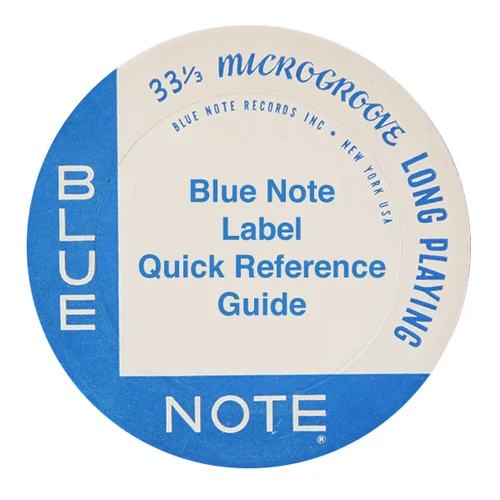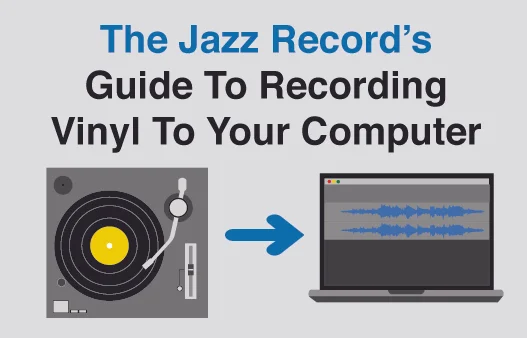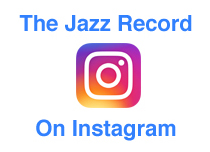Second Time Around: Randy Weston - "African Cookbook"
/Randy Weston • African Cookbook • 1972 • Atlantic Records
Recorded October 1964 at Nola Penthouse Sound Studio, NYC
The Selections:
The Tracks:
A1. Berkshire Blues
A2. Portrait of Vivian
A3. Willie's Tune
A4. Niger Mambo
B1. African Cookbook
B2. Congolese Children
B3. Blues For Five Reasons
The Players:
Randy Weston - Piano (celeste on B2)
Booker Ervin - Tenor Sax
Ray Copeland - Trumpet & Fluegelhorn
Vishnu Wood - Bass
Lenny McBrowne - Drums
Big Black - Congas (vocals on B2)
Sir Harold Murray - Percussion
The Record:
Randy Weston In Repose
A while back I wrote about Randy Weston's Little Niles, an underrated gem of a record by an under-appreciated musician, one that had a killer lineup of players (including the great Melba Liston) playing an excellent set of Weston originals. This time around we have African Cookbook, which is a better known LP, but one that doesn't get quite the attention it deserves. Part of the reason is the album's backstory: originally released in a limited run in 1964 as Randy! on Weston's own Bakton Records (due to a mysterious lack of interest by any established labels), it was later re-released by Atlantic in 1972 as African Cookbook, which is the version which have here.
The album is a bluesy advanced hard bop affair that shows off Weston's early passion for incorporating African rhythms and melodies into his work. He had visited Nigeria a couple times in the early 1960s and it ignited his interest in how connected jazz was with the musical stylings of Africa. While there are some noticeable integrations of African and Caribbean influences on African Cookbook it is actually a pretty straightforward modern jazz record. It may, in fact, have seemed a bit tame in that regard by 1972, especially to listeners who had become accustomed to some of the heavier rhythmic works of artists like Pharoah Sanders and Gary Bartz.
Original 1964 Release of Randy!
The group on African Cookbook (with the exception of Sir Harold Murray) had been playing together for nearly three years when they finally hit the studio to record. This makes for a tight session, the cohesion and interplay of the musicians is apparent throughout as they run through Weston's advanced compositions. Weston's playing is excellent as usual, he has that percussive attack on the piano that also manages to be quite lyrical when needed. Booker Ervin's playing is especially noteworthy, but that shouldn't be all that surprising to anyone familiar with his run of "book" recordings on Prestige or any of his other work as a sideman during this period. Ray Copeland - who also appeared on Little Niles, is also in top form, especially on the bluesier numbers. Copeland may not have the same name recognition as Ervin or Weston, but his work with Weston continues to impress me. It surprises me that he didn't appear on more recordings in the late 1950s and '60s, as he seems a capable and inventive modern jazz trumpeter.
I can't say much about the musicians that make up the rhythm section, although an album that counts among it's influences the rhythms of Africa is going to need a top-notch group of musicians behind the front line and these guys answer that call. Of note is bassist Vishnu Wood's work on the title track, where he sets down a percussive bass line that serves as a blueprint for all the players to follow. Lenny McBrowne does a great job on the drums and, like Copeland, was originally from Brooklyn and an acquaintance of Weston's for many years. A quick look on Wikipedia showed that he mostly performed in other's groups, although I'm now interested in giving his Eastern Lights album on Riverside an in-depth listen.
In the liner notes Michael Cuscuna is quite self-congratulatory about the fact that Atlantic was finally releasing the album after so many years of obscurity, but I'm willing to guess that the the commercial success of Weston's Blue Moses on CTI a year earlier had a lot to do with that decision. Whatever the underlying motives, a wider jazz audience was now finally able to appreciate an excellent record, and the fact that a major label like Atlantic was behind it's re-release has made it one of Weston's more popular records.
The Vinyl:
The Details: This copy is an original pressing on the green and red label, with the "1841 Broadway" address along the bottom indicating that it was produced prior to the 1974 change to the "75 Rockefeller Plaza" address. These green and red labels don't bring much vintage nostalgia with them, they certainly pale in design to those killer early incarnations of Atlantic's jazz releases, and they tend to be more associated with re-issues then original copies. Although I suppose African Cookbook is a re-issue of sorts, albeit with a new title and artwork.
The Price: I paid $12 at my local shop, which is right about in the middle of the going rates for a vintage copy on eBay.
The Sound: I am pretty impressed with the sound quality of this early '70s release, it has that full bodied vintage analog sound that one would expect from an album recorded in 1964, but I wasn't sure that would still shine through on the thinner vinyl, but it definitely does.
Notes: At the time of this writing there was one copy of the original Randy! on eBay that had sold for a measly $24, which seems pretty low for a limited LP on a private label (there are a couple of vintage copies of African Cookbook on there that sold for nearly as much). I suppose this speaks to both the fact that Randy Weston's output isn't as nearly well known or sought after as his contemporaries and that even today African Cookbook remains the more well known version of the recording.












